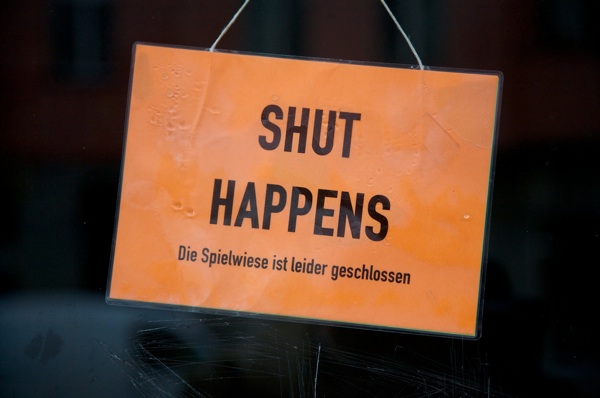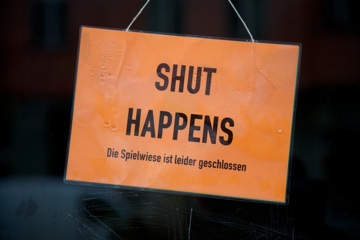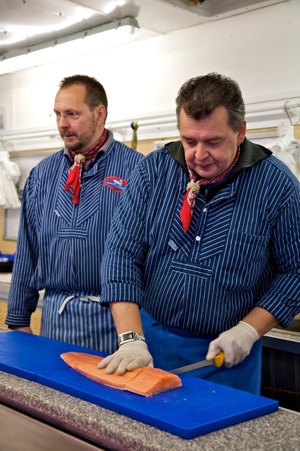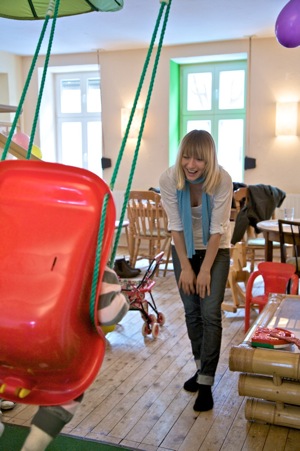
All photos by Paul Sullivan.
Most of the Matador editors have a whole lotta gigs going on. We love too many places and have too many interests to confine ourselves to just one project… I suppose that’s one of the reasons why we get along so well.
Contributing editor Paul Sullivan, also a faculty member in MatadorU’s travel photography program, may have more going on than most. One of his latest projects is Slow Travel Berlin.


